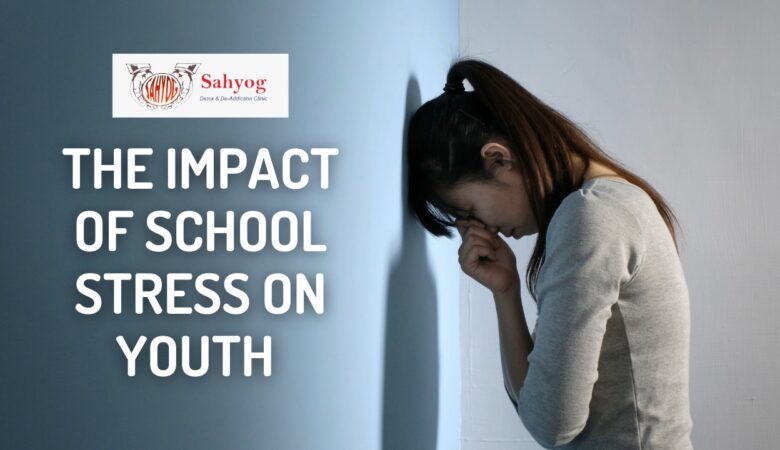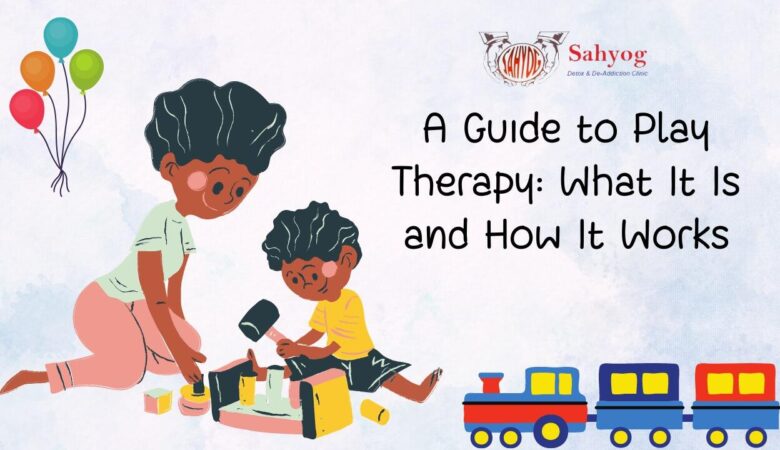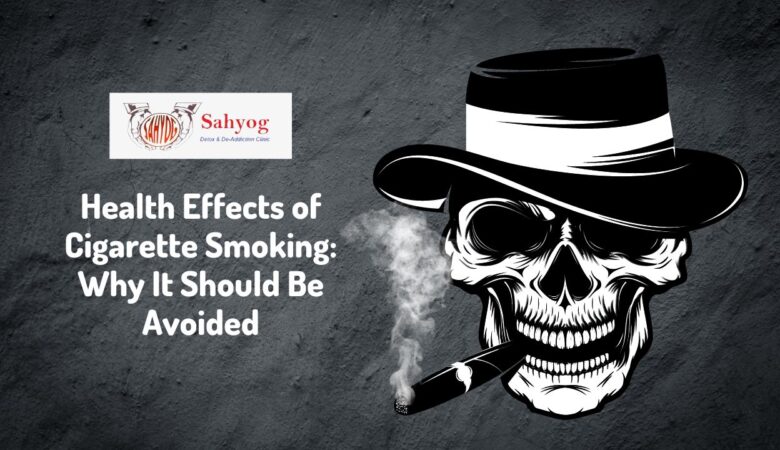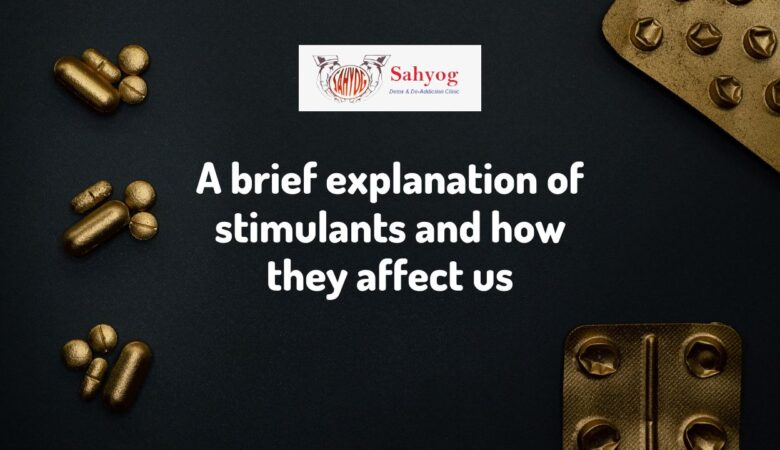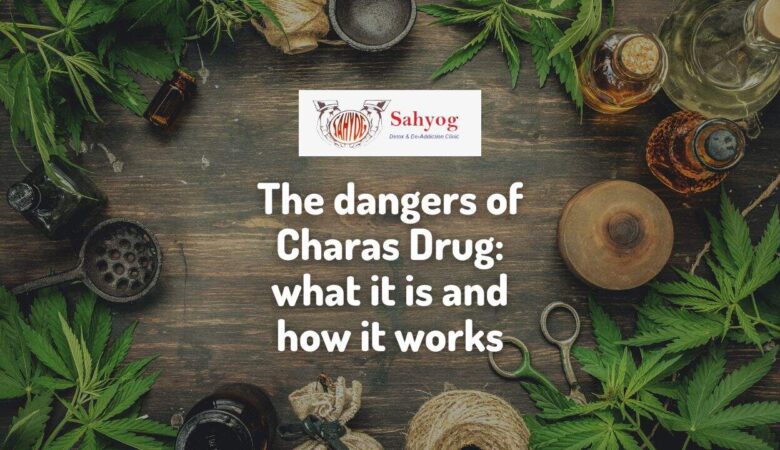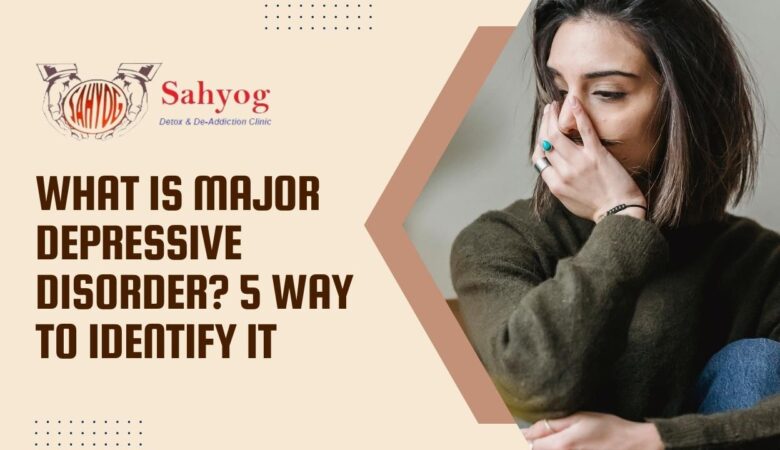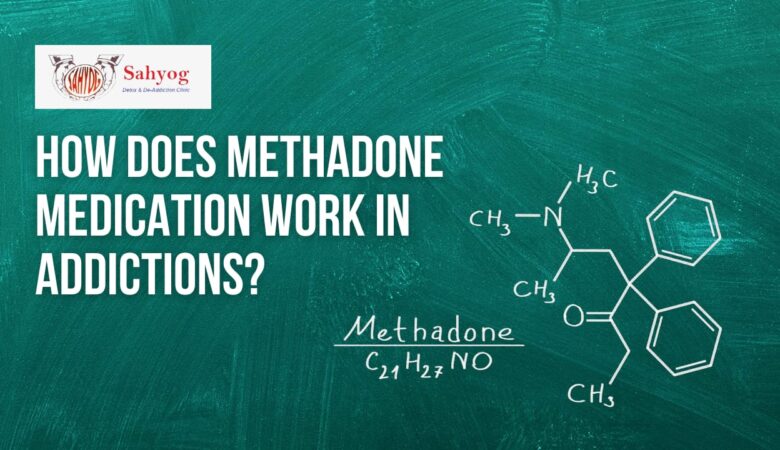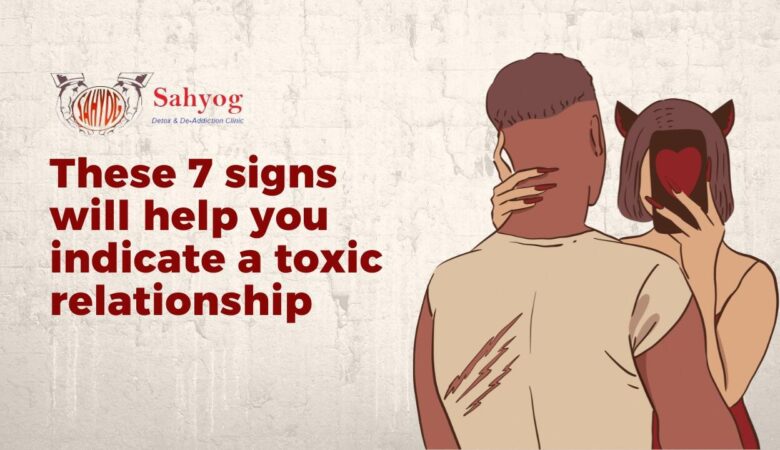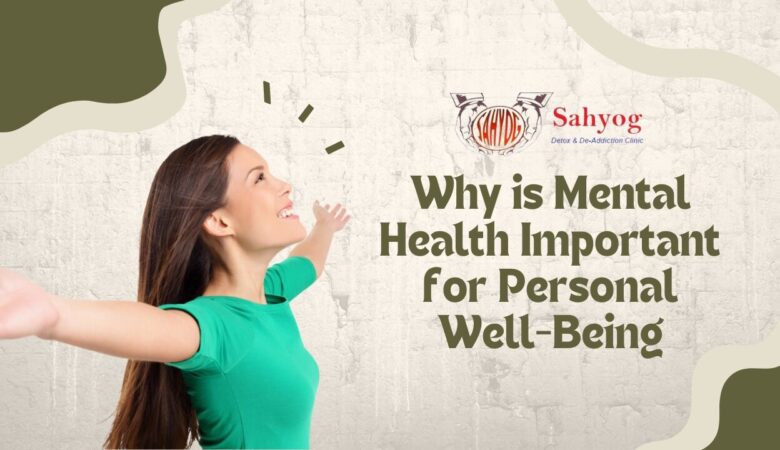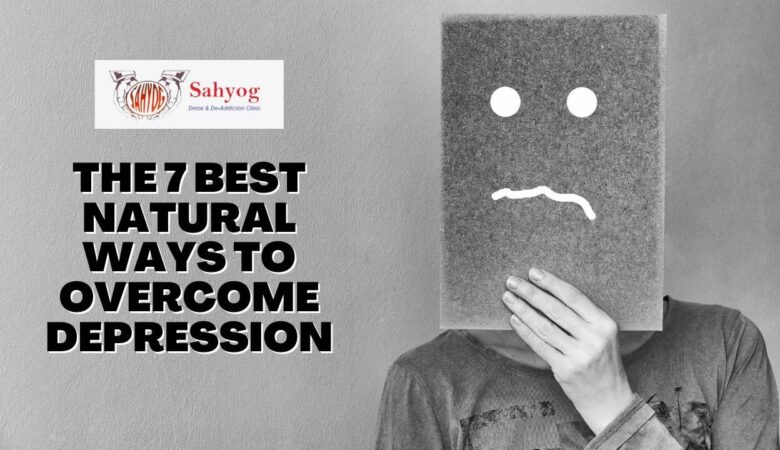The Impact of School Stress On Youth
Introduction School stress has become a hot topic in recent years. As the pressure to succeed academically has increased, so has the level of stress that students are experiencing. This stress can lead to several negative outcomes, including anxiety, depression, and even suicide. In this blog post, we will explore the impact of school stress on youth. We will discuss the causes of school stress and its effects on young people. We will also offer some tips on how to cope with school stress. What is School Stress? School stress is a type of stress that is experienced by children and adolescents during their time at school. This stress can be caused by many factors, including academic pressure, social interactions, and the general environment of the school. School stress can have several negative effects on youth, including problems with concentration and focus, anxiety, depression, and sleep issues. In extreme cases, school stress can lead to self-harm and even suicide. There are several ways to help reduce school stress, including talking to someone about what is causing the stress, developing healthy coping mechanisms, and making sure to take breaks from work and social media. It is important for parents, teachers, and other adults in a child’s life to be aware of the signs of school stress and to provide support when needed. What are The Causes of School Stress? There are many causes of school stress. For some students, it may be the pressure to get good grades, whereas, for others, it could be stuff like bullying or some social problems such as introvertedness, stuttering, etc. Some students may feel like they don’t fit in or are just not good at school. No matter what the cause, school stress can take a toll on a student’s mental and physical health. It can lead to anxiety, depression, sleep problems, and more. That’s why it’s important to identify the causes of stress and find ways to manage it. If you’re a student who is feeling overwhelmed by stress, talk to your parents, teachers, or a counsellor, so that you can get help figuring out what’s causing you stress and how to deal with it. What are The Types of Stress that School-age Children Experience? There are two main types of stress that school-age children experience: academic stress and social stress. Academic stress is the stress that comes from feeling like you have to perform well in school to get good grades, get into a good college, or achieve some other academic goal. This type of stress can be caused by things like test anxiety, the pressure to get good grades, or feeling like you’re not as smart as your classmates. Social stress is the stress that comes from interacting with other people, especially if you’re shy or feel like you don’t fit in. This type of stress can be caused by things like bullying, exclusion from social activities, or difficulty making friends. What are the effects of stress on children’s physical and emotional health? It’s no secret that stress can hurt our physical and emotional health. But did you know that stress can also affect children’s health? Studies have shown that chronic stress can lead to several health problems in children, including: Stomachaches: As you must be well aware, if our body experiences any issue, our mental health is also affected. The same goes with mental health- if our mental health is not good, our physical health will face problems as well. This is why chronic stress in children can lead to stomach aches and cramps. Anxiety: Stress about the schoolwork or the problems faced in school may make the child anxious and restless and they will find themselves constantly worrying about the same thing, over and over again, leading to anxiety and restlessness. Depression: Depression is one of the major effects of stress. A child may be prone to depression due to taking so much stress and overthinking everything. Sleep problems: Due to stress and the anxiety and depression caused by it, children may find themselves facing sleep problems such as becoming insomniacs and not getting enough sleep or sleeping too much as they may constantly feel tired and restless. Obesity: Lastly, stress can also lead to obesity. Children take so much stress that they end up feeling anxious, restless, fatigued, and tired 24/7. This can lead to eating disorders, such as eating too much out of anxiety, thus, leading to obesity. Stress can also take a toll on children’s immune systems, making them more susceptible to illnesses such as colds and ear infections. And if that wasn’t enough, stress can also impede children’s cognitive development and academic performance. So, what can we do to help our kids cope with stress? First, it’s important to identify the sources of stress in your child’s life. Is it schoolwork? Bullying? Family conflict? Once you know what’s causing the stress, you can help your child develop healthy coping mechanisms. Some helpful coping strategies include exercise, relaxation techniques such as deep breathing or meditation, journaling, and talking to someone trusted about their worries. It’s also important to teach children how to manage their time effectively so they don’t feel overwhelmed by their responsibilities. And finally, make sure your child is getting enough sleep! A good night’s rest will help them feel better equipped to handle whatever comes their way during the day. How to help Children Cope with Stress? When it comes to stress, children are not always able to cope on their own. They may need help from adults, such as parents and teachers, to manage their stress levels. Here are some ways that parents and teachers can help children cope with stress: Talk to them about stress and its effects. Children may not be aware of what stress is and how it can affect them. By talking to them about stress, you can help them understand what it is and why it’s important to manage it. Help them identify their stresses. Stress can
